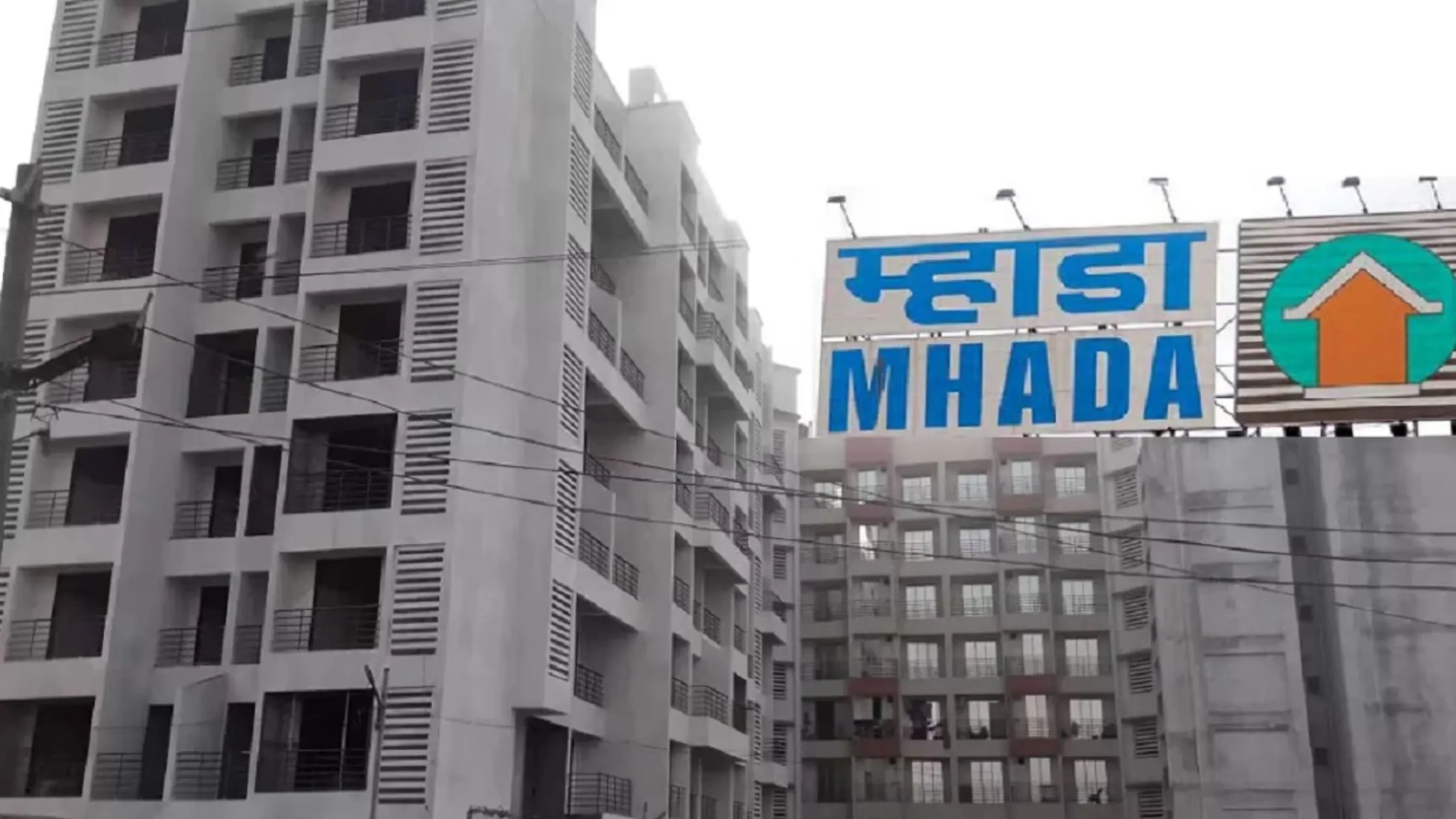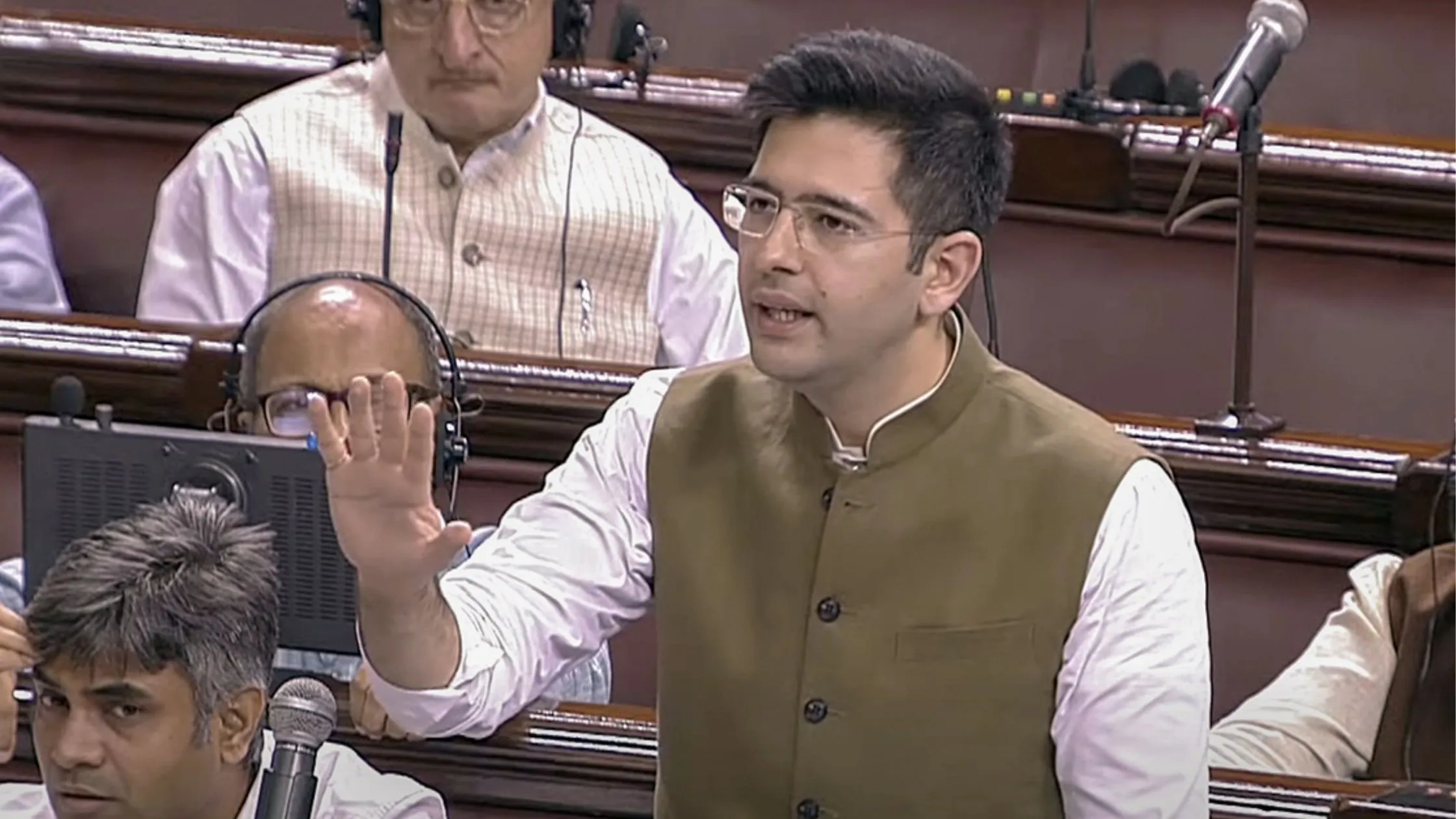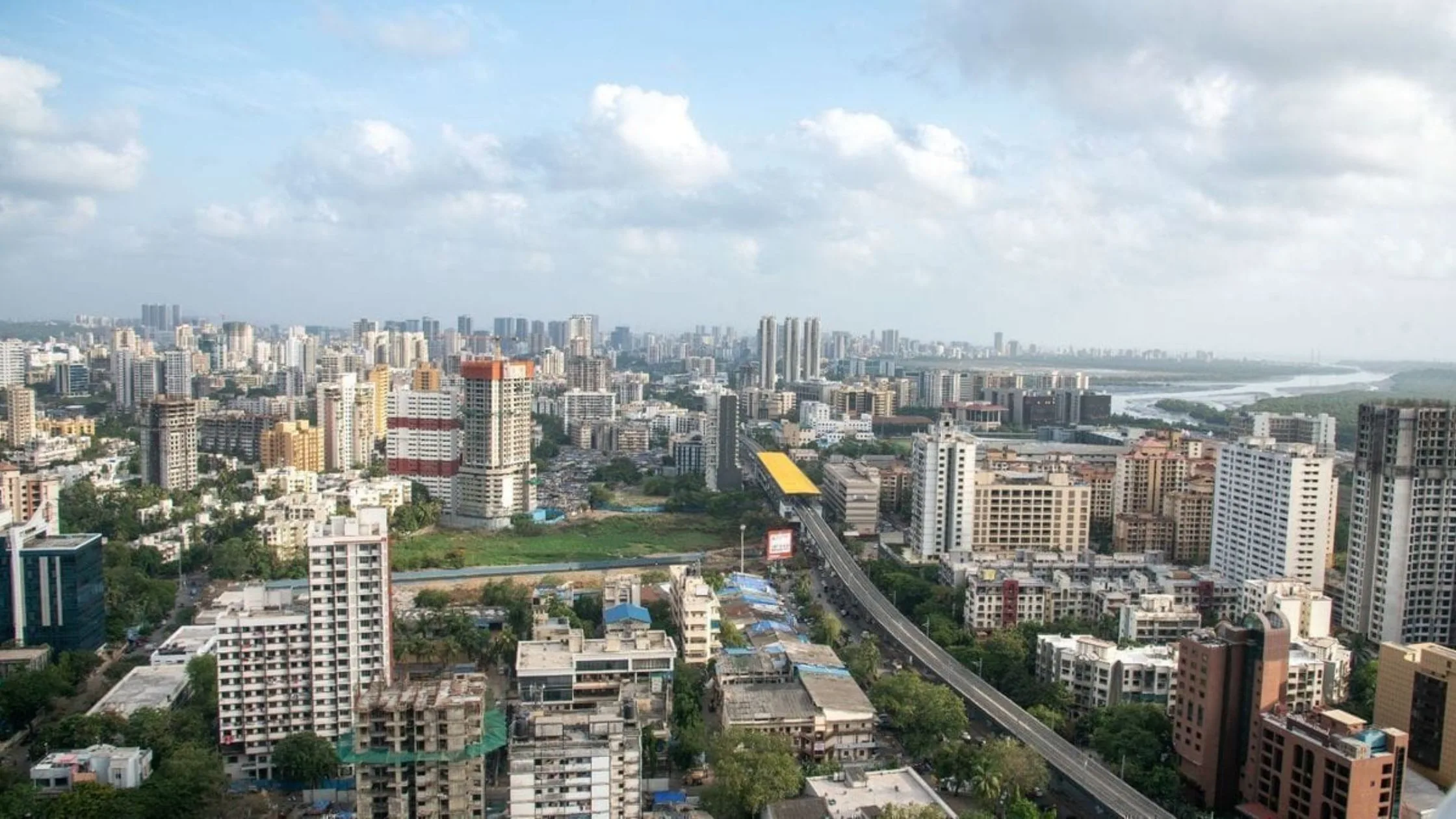Table of Content
▲
The Ghaziabad municipal corporation recently made headlines by rejecting a proposed property tax hike, offering significant relief to residents. The decision, announced by Mayor Sunita Dayal during a special board meeting, comes in response to strong opposition from public representatives and citizens alike. Here’s a closer look at the controversy, the corporation’s decision, and its implications for Ghaziabad’s residents and governance.
The Proposed Property Tax Hike: What Was It?
The proposed property tax hike aimed to revise the taxation structure, significantly increasing bills by three to five times for property owners. The existing structure in Ghaziabad comprises:
- House Tax: 10%
- Sewage/Drainage Tax: 4%
- Water Tax: 10%
This substantial revision sparked widespread criticism, with residents and local representatives voicing concerns about its lack of transparency and the financial burden it imposed on ordinary citizens.
Also Read: India’s First Digital Address System with QR Codes Launched in Indore
Public Backlash and the Decision to Scrap the Hike
Faced with strong opposition, the Ghaziabad municipal corporation decided to maintain the current tax rates for the year. Mayor Sunita Dayal confirmed the rejection of the proposed hike, stating, “This year, we will take tax as per old rates.” The board also pledged to address the issue by conducting a detailed survey to reassess tax liabilities.
Detailed Survey for Accurate Taxation
To ensure fair taxation, the corporation plans to deploy approximately 100 temporary surveyors to assess construction statuses across properties. This comprehensive survey is expected to take two to two-and-a-half months, aiming to establish a more accurate tax structure based on current property conditions.
Call for Self-Assessment
The mayor urged property owners to voluntarily declare any new or existing constructions on their properties. This initiative will help streamline the process and promote transparency in determining tax obligations.
Voices of Public Representatives
The special board meeting saw participation from key public representatives, including local MLAs and the Ghaziabad MP. Their collective opposition played a crucial role in the decision to scrap the tax hike.
- Ajay Sharma, Councillor for Sanjay Nagar, highlighted the hike's negative impact, stating, “Almost 99% of councillors opposed the move, which was unfairly burdening residents.”
- Sanjay Singh, representing Shipra Sun City, criticized the lack of transparency, noting, “The hike was implemented without proper due diligence.”
Legal Battle: The Role of the PIL
Despite the board’s decision, three former councillors, led by Rajendra Tyagi, have filed a Public Interest Litigation (PIL) in the Allahabad High Court. The PIL seeks to:
- Quash the new property tax structure: Arguing it was based on flawed circle rates and road width-linked taxation.
- Ensure transparency: Highlighting the lack of accountability in approving additional constructions without proper oversight.
- Grant age-based rebates: Demanding relief under Section 174(2)(a) of the UP Municipal Corporation Act, which offers tax concessions based on a property’s age.
The first hearing for the PIL is scheduled for July 29, and its outcome could have lasting implications for local governance.
Implications for Ghaziabad Residents
Immediate Relief
For now, residents can breathe a sigh of relief as the tax hike has been shelved. The decision alleviates immediate financial strain and restores public confidence in local governance.
Improved Governance
The planned survey and focus on accurate assessments mark a step toward better governance. Transparency in taxation will help build trust between citizens and the municipal corporation.
Legal and Policy Changes
The ongoing PIL underscores the importance of accountability in public administration. Its outcome could bring reforms that ensure more equitable taxation practices.
Also Read: Over 70,000 Housing Units Stalled in MMR Due to Green Clearance Hurdle
Conclusion
The Ghaziabad municipal corporation’s decision to scrap the property tax hike reflects a significant victory for public representation and governance accountability. While immediate concerns have been addressed, the detailed survey and pending PIL highlight the need for long-term reforms.
For residents, this episode underscores the importance of civic engagement in shaping policies that impact everyday life. As Ghaziabad moves forward, a transparent, equitable approach to property taxation will be crucial in maintaining public trust and ensuring sustainable development.
Follow AquireAcers Whatsapp Channel to Stay Updated With The Latest Real Estate News








Ans 1. The proposed hike aimed to significantly increase property taxes, revising bills by three to five times. Existing tax rates in Ghaziabad include 10% house tax, 4% sewage/drainage tax, and 10% water tax.
Ans 2. The hike faced strong opposition from residents, councillors, and local representatives, who criticized its lack of transparency and the financial burden it imposed. The corporation decided to maintain the current rates to address these concerns.
Ans 3. The municipal corporation plans to conduct a detailed survey with 100 temporary surveyors to assess construction statuses and establish a fairer taxation system. Residents are also encouraged to self-declare any property constructions.
Ans 4. Key representatives, including local MLAs and councillors, vocally opposed the hike. Their collective opposition during the special board meeting was instrumental in persuading the municipal corporation to scrap the hike.
Ans 5. The PIL filed by three former councillors challenges the tax hike, arguing it was based on flawed parameters like circle rates and road width. It seeks to quash the hike, demand transparency, and grant age-based tax rebates under the UP Municipal Corporation Act.
Ans 6. Residents receive immediate financial relief as the tax hike is shelved. The decision restores confidence in governance and paves the way for improved and transparent taxation practices.
Ans 7. The PIL could lead to reforms ensuring accountability and equitable taxation. It highlights the necessity of transparency and due diligence in public administration.
Ans 8. Property owners are encouraged to participate in the self-assessment initiative by declaring any existing or new constructions. This will streamline the tax assessment process and foster transparency.